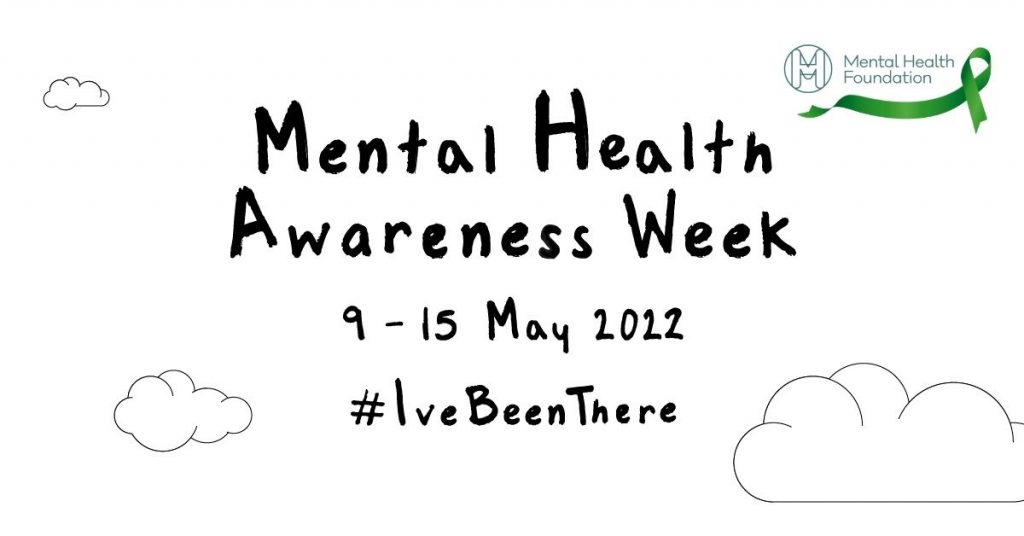
It’s Mental Health Awareness Week 2022 in the UK, and this year’s focus is Loneliness. Following the Covid-19 outbreak, more people are experiencing loneliness and feelings of isolation than ever before. These feelings don’t discriminate, from students, to single parents to the elderly, loneliness can affect us all. In fact, 1 in 4 people in the UK say they sometimes suffer, which is why it’s a great time to discuss the topic and start to think about how we can help to tackle it.
More about Mental Health Awareness Week
Mental Health Awareness Week takes place every year in the UK, and aims to promote education and awareness on a range of topics surrounding mental health. While previous years have covered topics such as kindness and body image, this year’s theme is particularly relevant following years of lockdowns, isolation and uncertainty for everyone in the country.
You can get involved by telling your story, spreading awareness, popping in to see a neighbour or even reflecting on your own experiences.
What is Loneliness?
We can all feel lonely sometimes. Loneliness is a part of our lives, when we miss our friends or our family and find ourselves alone, we can sometimes feel lonely. However, when those feelings become regular and sustained then they have a negative impact on our mental health, and then it becomes more important than ever to seek help and support.
Who Does Loneliness Affect?
Although loneliness can affect anyone, we know there are certain risk factors that can increase the chances of loneliness affecting your mental health. Single people, those that live alone, carers, people with a disability and members of the LGBTQ+ community are amongst those at risk.
What Can We Do to Combat Loneliness?
The Mental Health Foundation is working hard to address policy change in several key areas to help combat loneliness, but there are things we can do at Active Pathways to help too.
We want to make sure that we not only tackle feelings of loneliness while residents are supported by us, but also that people have the tools to continue to socialise and engage in the community when they move on. To achieve this, our OTs and support team work with individuals to establish what their hobbies and interests are, and look at ways to utilise this as a coping mechanism. They have also managed to secure iPhones for those that don’t have them, helped residents learn skills such as money management and public transport use, and spent valuable hours just being a friendly face or a shoulder to cry on. Our hope is that we can erase the stigma associated with admitting to feeling lonely, and in turn encourage people to get help when they need it.
If you’re feeling lonely, speak out. Whether that’s to a friend, a family member or a charity such as Mind or Samaritans
If you need any information on referrals for Brookhaven , The Hamptons or any of our other services, please contact Lisa.Mullineux@www.active-pathways.com
